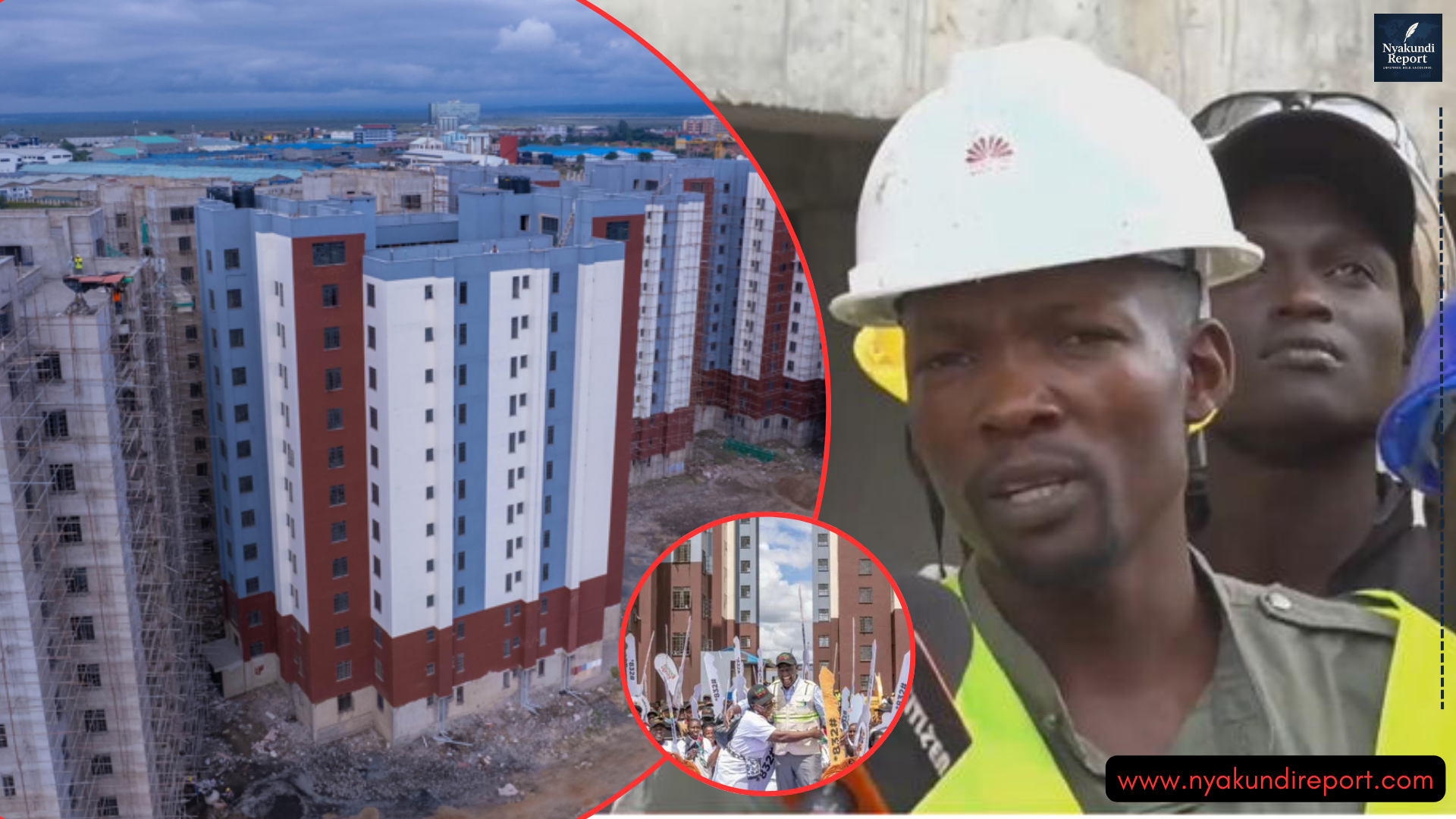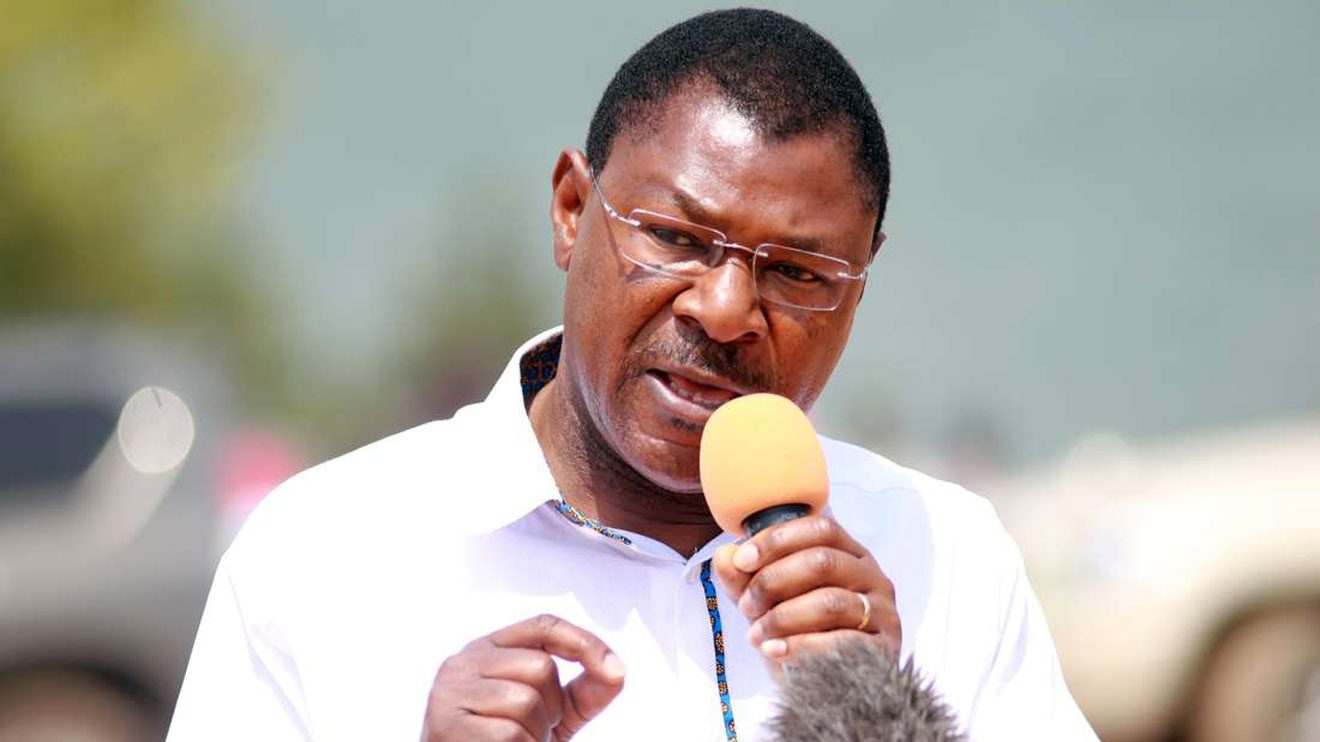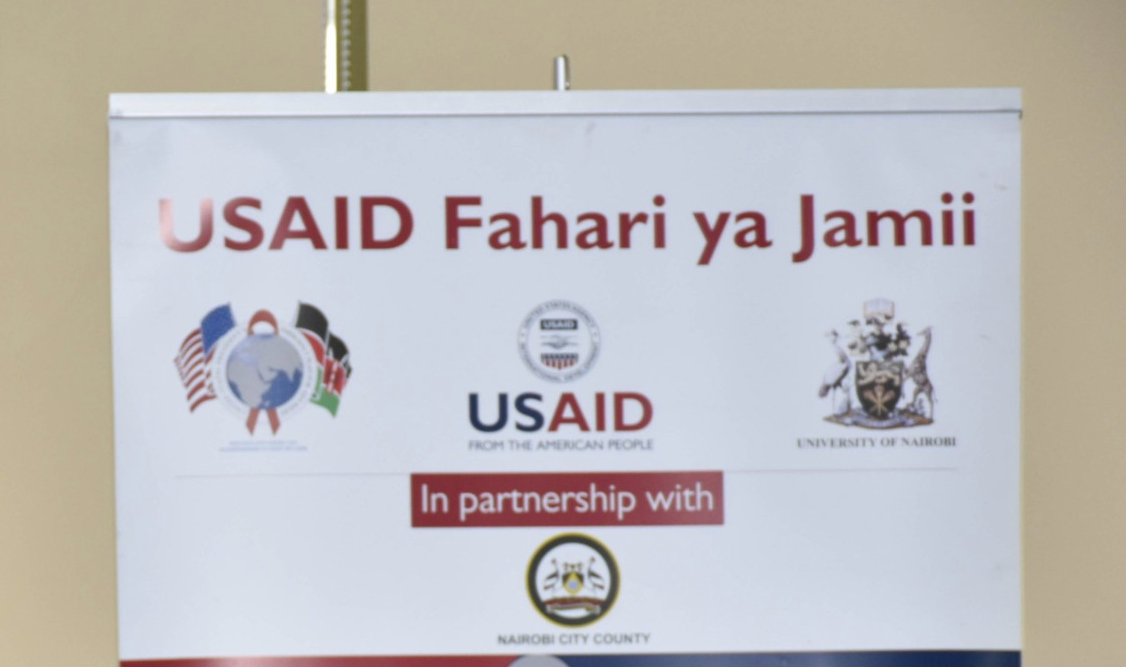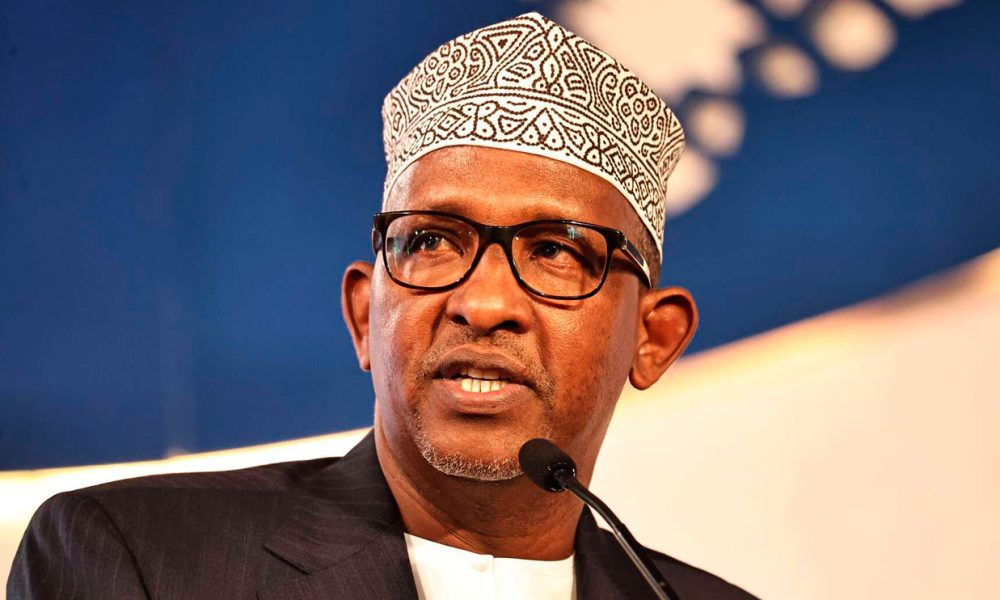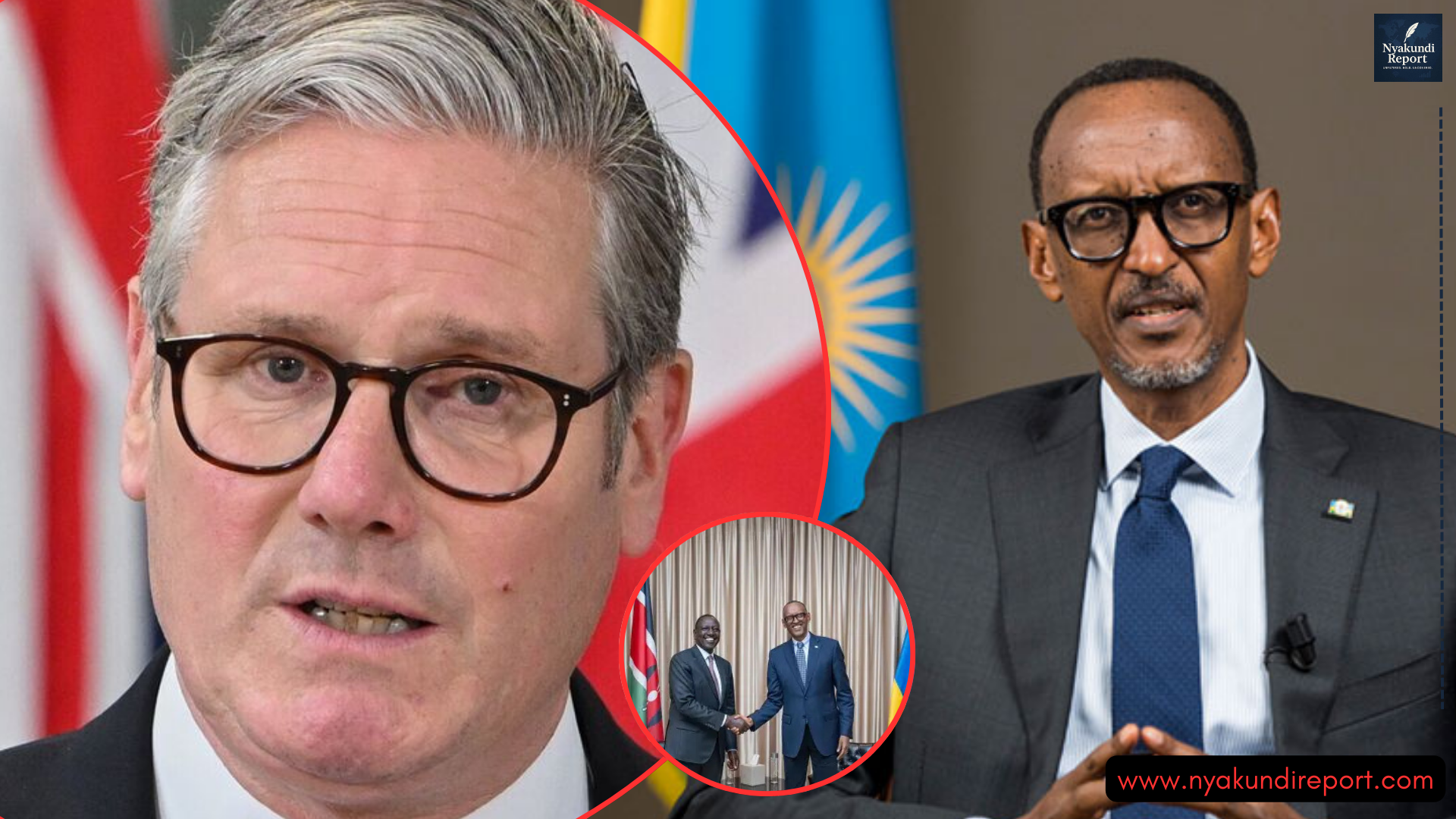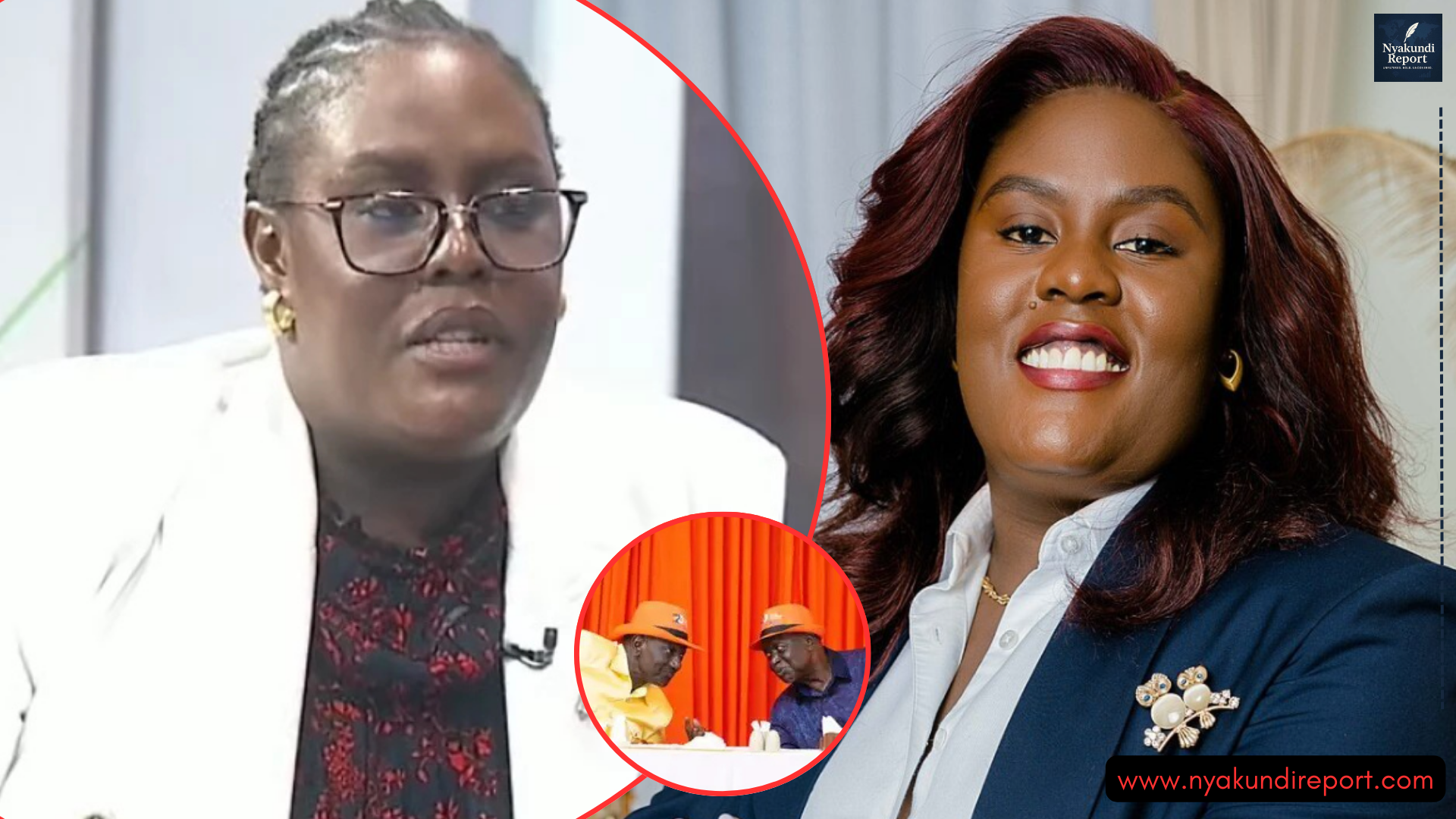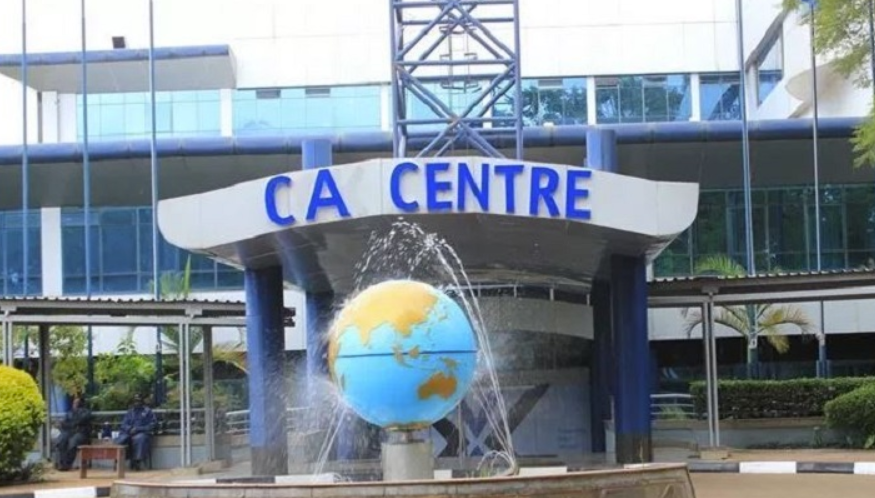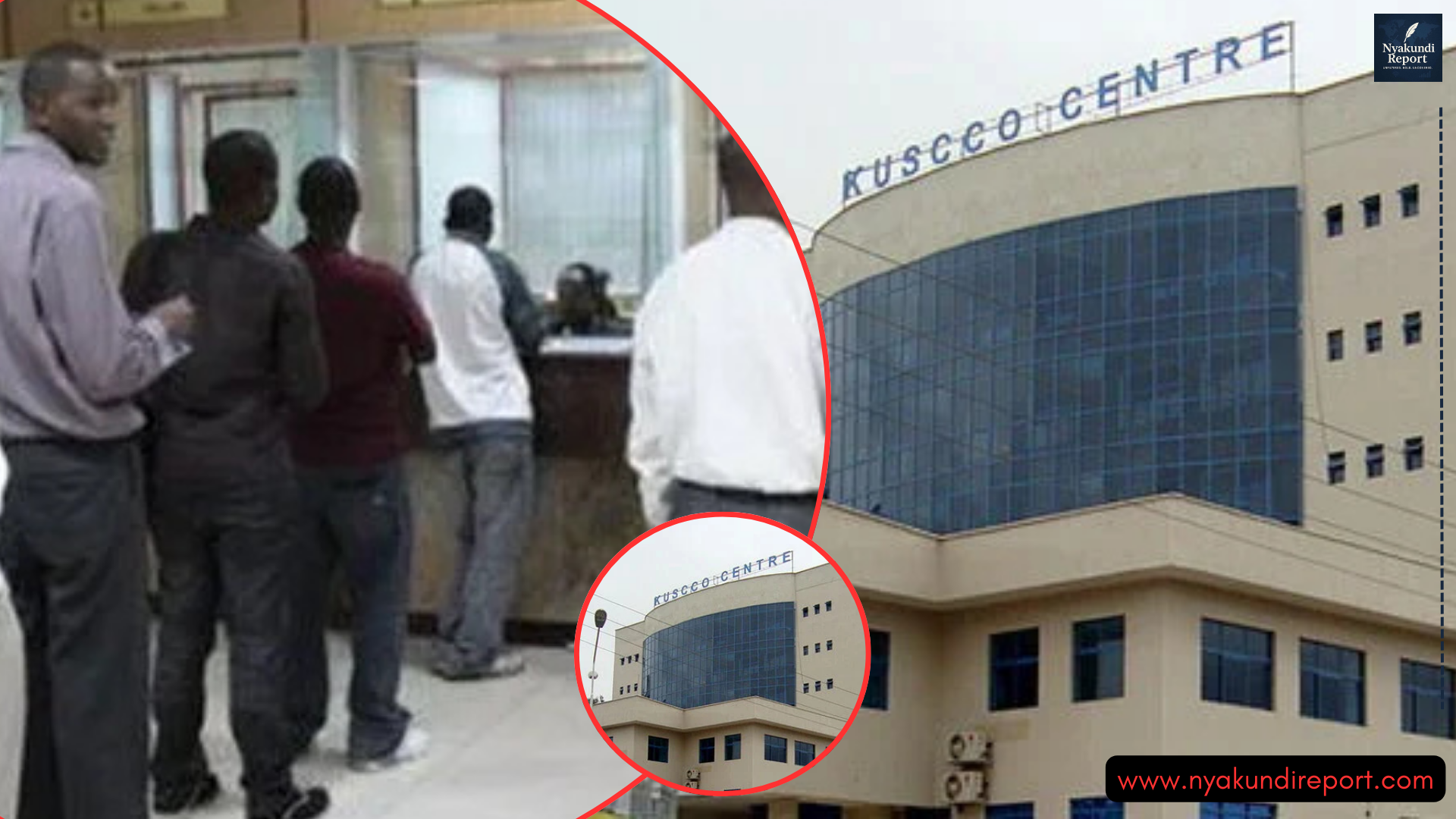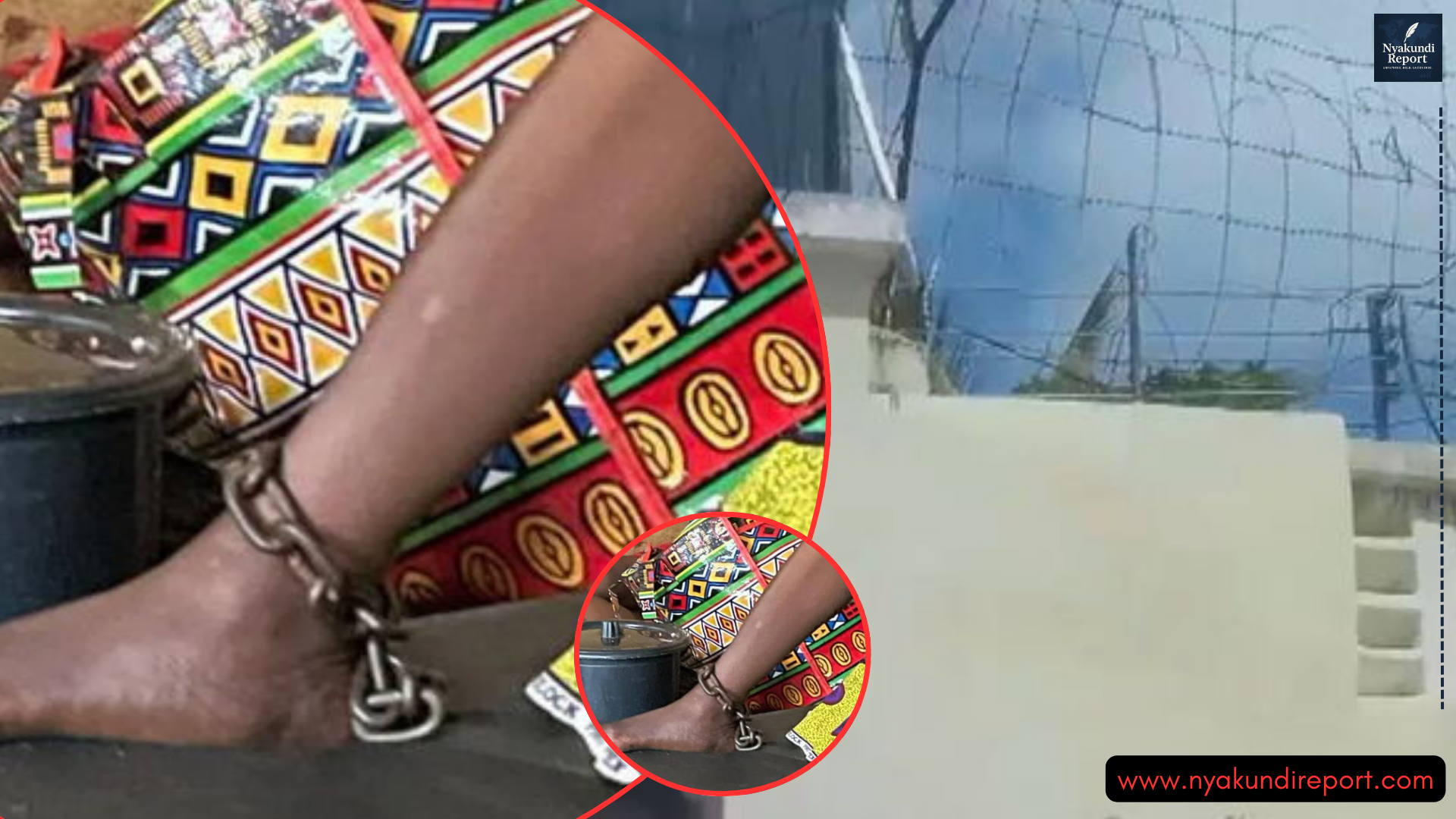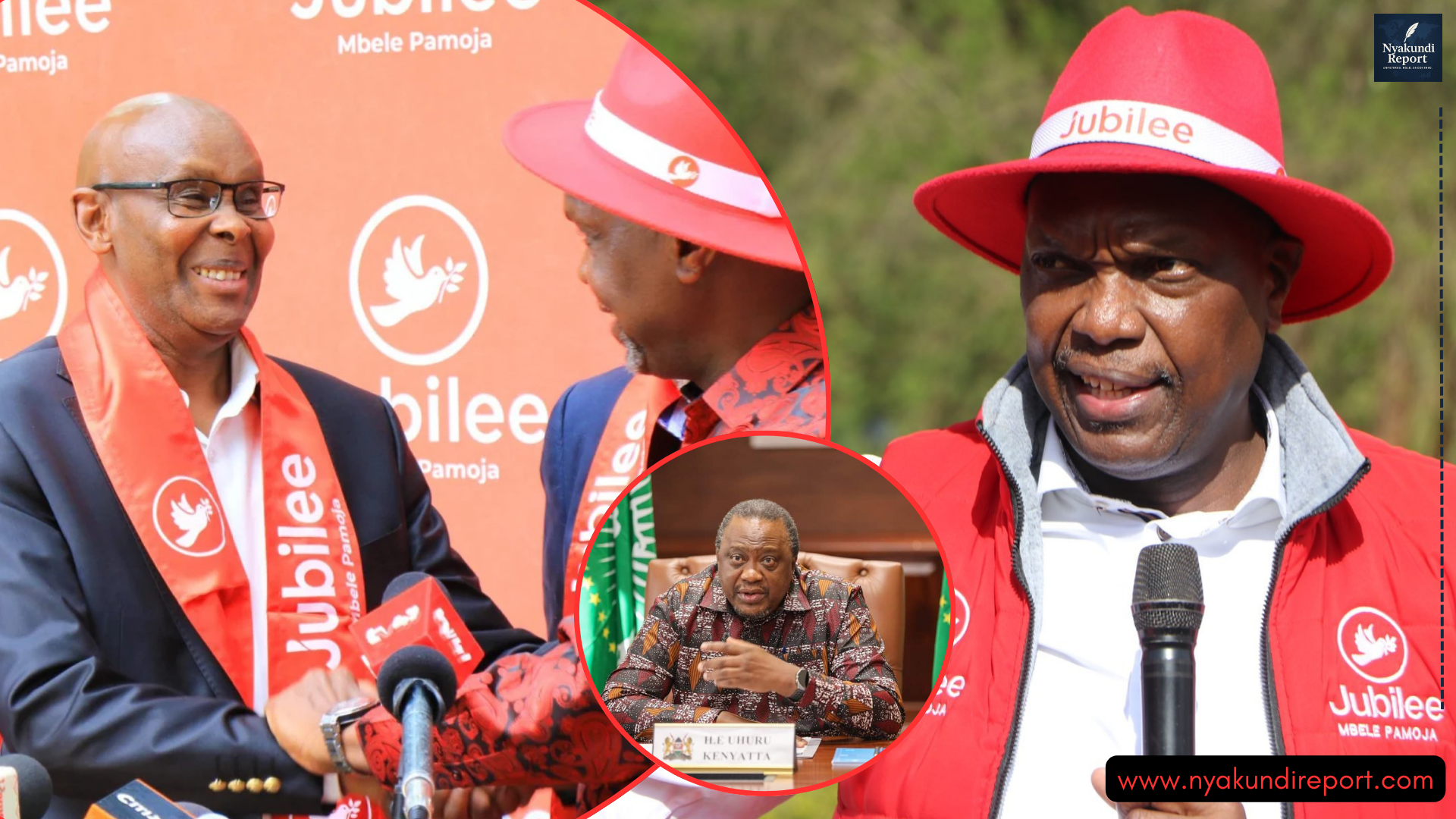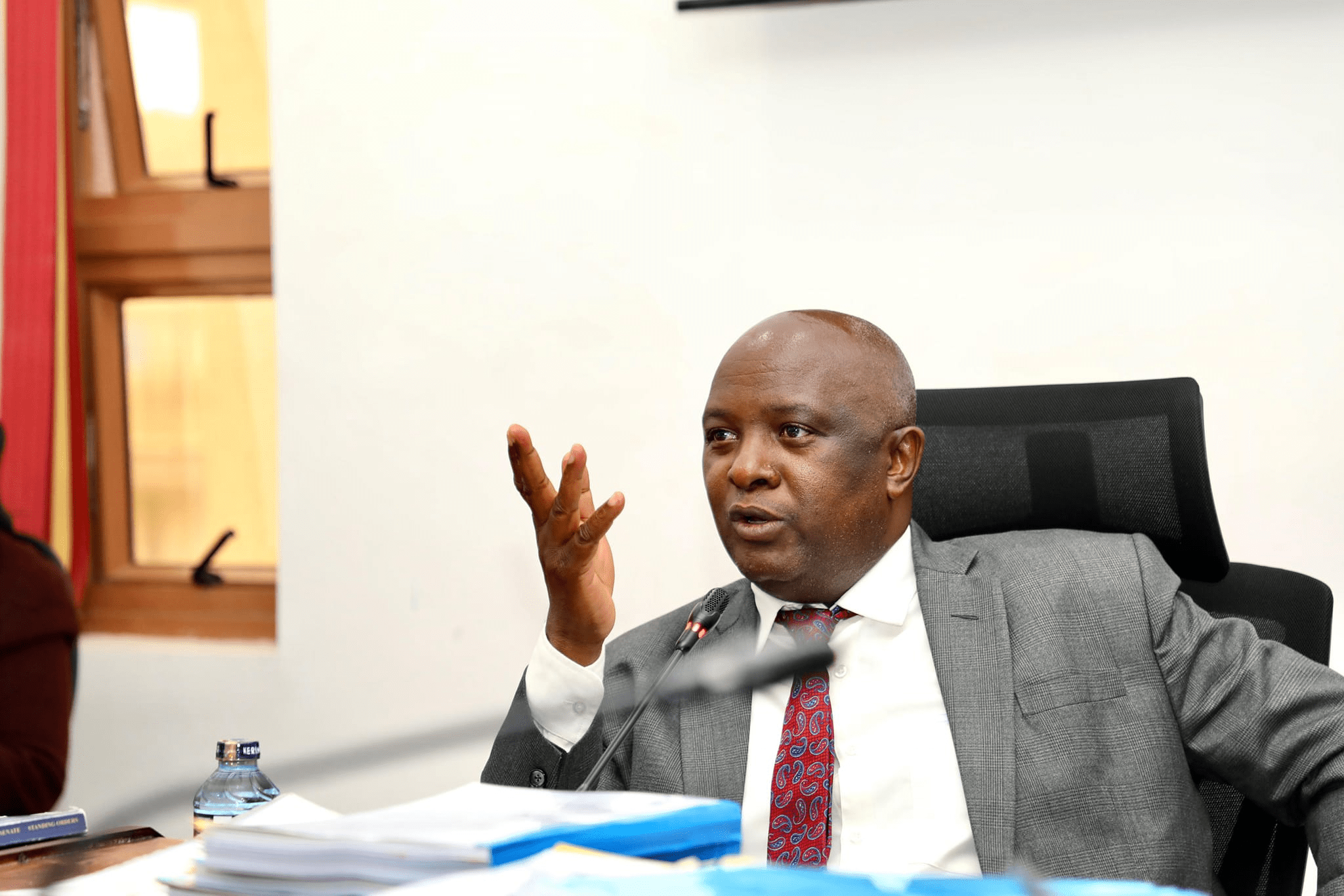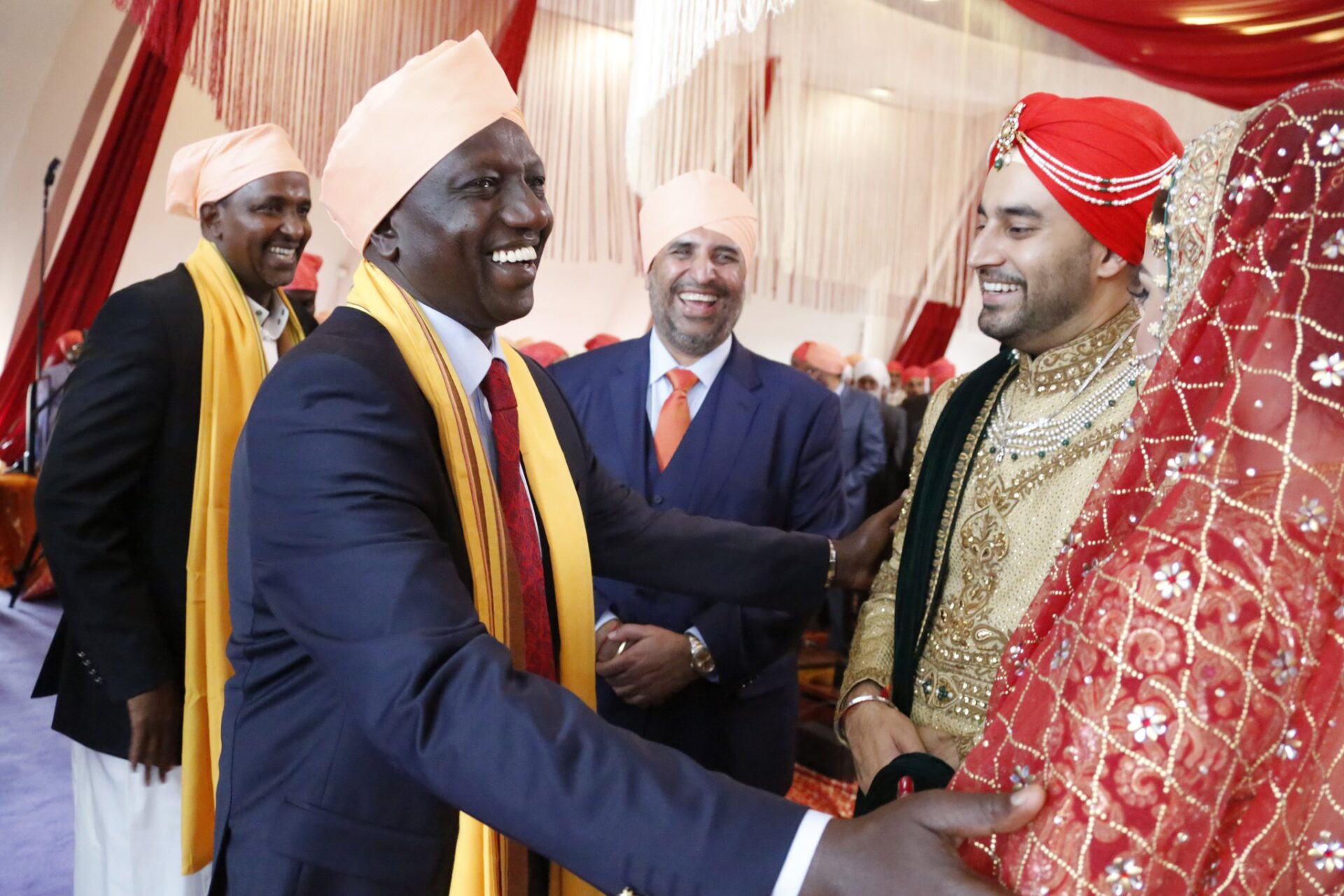A fresh political storm is brewing across Kenya as July 7—the historic Saba Saba Day—approaches. While police say they have not received any formal protest notice, calls for mass action grow louder.
Rights groups and disgruntled citizens are gearing up to take to the streets to express dissatisfaction with President William Ruto’s leadership. But the National Police Service is already warning protestors: Follow the law, or face the consequences.
In what could become a showdown between angry citizens and state authority, tensions are rising fast.

Police Warning Raises Tensions Ahead of Saba Saba Day Protests
The National Police Service (NPS) has cautioned Kenyans planning to join the Saba Saba Day protests that they must follow the law or risk arrest. Police Spokesperson Muchiri Nyaga, speaking during a Thursday morning interview on Citizen TV, made it clear that any demonstration held without a permit would be deemed illegal.
Nyaga stated that, as of now, police had not received any formal communication or application regarding the planned protests. This comes despite rising momentum from activists and civil society groups mobilizing nationwide action.
“Before I address the matter, I want to clarify that we have not received any formal application for the protests. We will release our statement once we receive an official application,” Nyaga said.
Even so, he acknowledged that Kenyans have a constitutional right to picket and express dissent — but only under clear legal procedures.
He reminded protesters that failure to obtain permits could lead to unnecessary confrontations and public disorder.
“We know sometimes the police break the law, but we should be peaceful,” he added, acknowledging public mistrust of security agencies.
NPS Urges Peaceful Engagement Over Confrontation
Nyaga stressed that demonstrations should not be a license for violence or destruction of property.
He referenced recent protests in Nairobi, which saw violent clashes between police and demonstrators on June 25. During those protests, property was damaged, shops were vandalized, and multiple people were injured.
In contrast, Nyaga praised residents of Mombasa who, during recent demonstrations, first sought police clearance before hitting the streets. He encouraged protest organizers to adopt a similar approach for the Saba Saba Day Protests.
“Our doors are open,” Nyaga said. “We are ready to work with organizers to ensure peaceful demonstrations take place. But we will not tolerate lawlessness.”
His statement appears to be a calculated attempt to ease national tension while maintaining a firm grip on law enforcement.
Ruto Critics Vow to Rally on Saba Saba Day
Despite the police warning, protest organizers say they are undeterred. The National Alternative Alliance (NAA), a rights lobby group, announced plans to rally Kenyans on July 7 in honor of Saba Saba Day, a historic date that symbolizes resistance and democratic struggle in Kenya.
Arnold Maliba, a prominent civil society leader, accused the Ruto administration of mismanaging the country and pushing citizens into deeper suffering.
“We are going to organize protests to commemorate Saba Saba Day because Kenyans are angry about how Ruto is governing this country. There is nothing that is working except corruption,” Maliba stated.
He was joined by politician Kennedy Ondiek, who also condemned what he described as “rampant economic mismanagement, runaway graft, and impunity at the top.”
The group says it intends to reclaim the original meaning of Saba Saba — a day of resistance — and push for reforms that benefit ordinary Kenyans.
According to sources close to the lobby group, planning is underway in major towns including Nairobi, Kisumu, Mombasa, and Nakuru. Social media is already awash with hashtags calling for mass mobilization.
While organizers claim the protests will be peaceful, the lack of formal police notification could set the stage for a tense standoff.
What Lies Ahead on Saba Saba Day
As the July 7 protests loom, the government faces a major political test. The people are angry — frustrated by high taxes, unemployment, and rising costs of living. Yet the police insist on following legal channels. This tug-of-war is reflective of deeper cracks in the country’s democracy.
Muchiri Nyaga’s statements offer a glimpse into the state’s position: demonstrations are allowed, but only on its terms.
Whether protesters will heed this advice remains unclear. What’s certain, however, is that Saba Saba Day 2025 could reignite Kenya’s legacy of defiance—or plunge it into a new era of confrontation.

